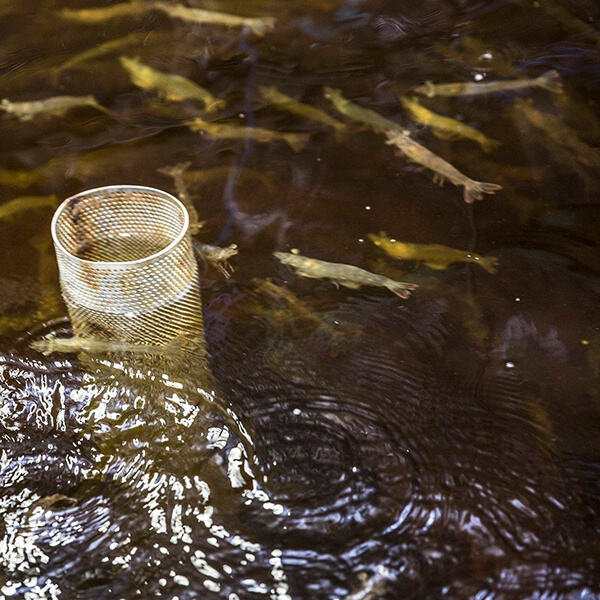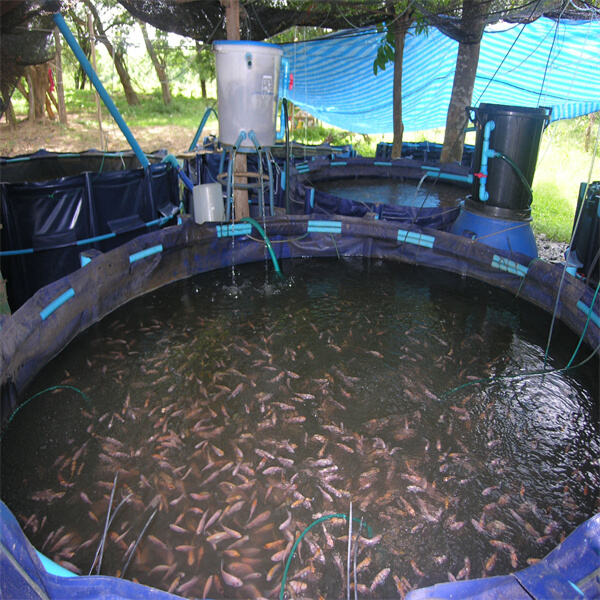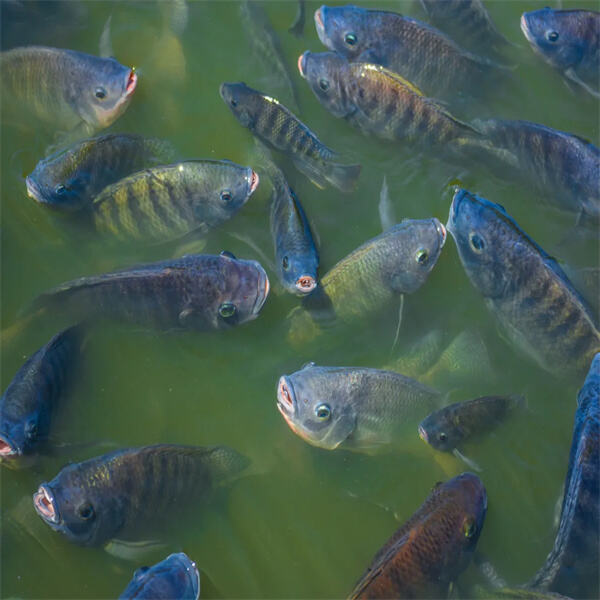Tilapia is a type of freshwater fish aquatic animals that is widely cultivated by people worldwide. They are easy to farm and a healthy food choice, since they are a source of good protein. In this tutorial, we will discuss the tilapia fish farming process and a few essential guidelines for succeeding with tilapia culture farming.
Tilapia fish are fun and rewarding to raise, but some tips and tricks can help to keep your fish healthy. The first thing you want to do is ensure that your fish are swimming in clean water. Freshwater is essential to tilapia fish, and you want to change the tanks or ponds water very frequently. And don't forget to feed your fish a balanced diet with fish pellets or other healthy food sources. Finally, watch your fish carefully and look for signs they’re sick.
Farmed tilapia fish should come from aquaculture practices that are environmentally friendly. For instance, one great approach you can adapt is to use natural or organic food for your fish as they help preserve the earth. To conserve water, you can also recycle water from your fish tanks or ponds. To avoid this, be sure to not overcrowd your fish: too many fish in too little water can dirty the habitat and increase the possibility of illness.
Tilapia are omnivores, eating a variety of foods, including plants and small aquatic insects. In the wild, they can be found in warm freshwater lakes, as well as rivers and ponds. When you raise tilapia, you want to provide them with a habitat that is reminiscent of their wild surroundings. That entails clean water, sufficient swimming space and places to hide and rest.” Also, make sure you are feeding your fish a balanced diet containing fish pellets, vegetables, and other nutritious foods.

And with the world's population continuing to increase, so too is the demand for fresh water fish, such as tilapia. Why People Eat Tilapia It is low fat, high protein, and cheap, which is why so many people like it. Of late, due to people wanting eco-friendly farming practices, more worldwide tilapia fish are farmed (4)

10 common diseases that affect tilapia fish تصوير فيهالكتير من المعلوماتimportant diseases that affect to tilapiaIPSIEYES 1.OPENI 3. Keep your farm clean to avoid illness. That means routinely performing maintenance on your fish tanks or ponds, quarantining new fish prior to introducing them into your existing fish, and monitoring the health of your fish regularly. If you notice any signs your fish may be sick, don’t wait — consult a veterinarian for assistance.

A significant challenge in tilapia farming is finding a balance between fish production and environmental protection. Fish farms can impact nature, so taking steps to reduce this impact is paramount. Feeding natural or organic feed, having recycling water, managing waste well are some ways of helping. Tilapia farmers can save the environment for our time till the environmental time of future comes.

